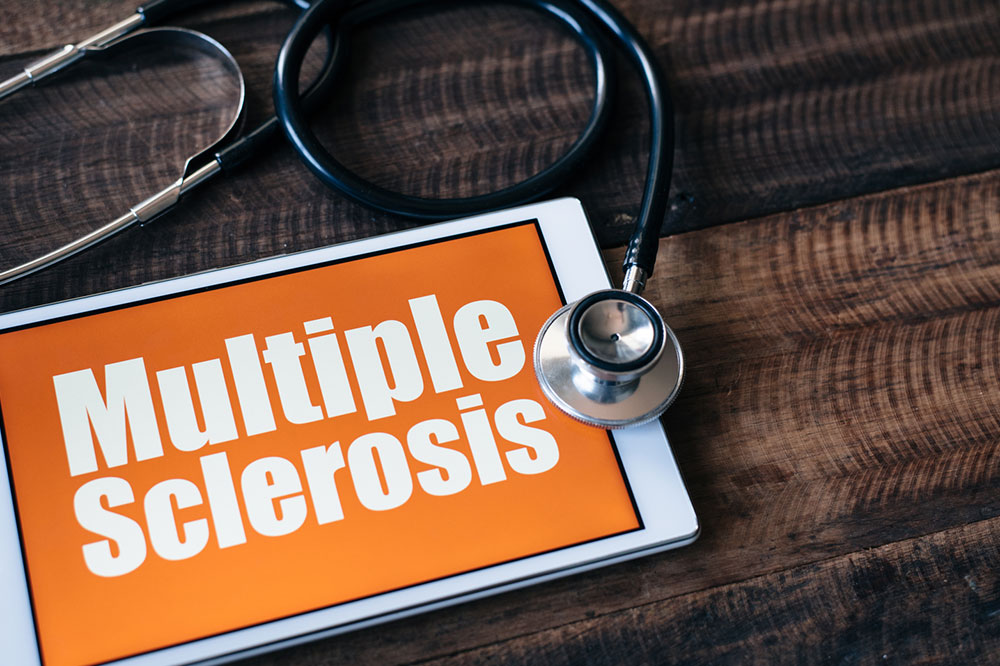Effective Strategies to Manage Multiple Sclerosis
Discover effective ways to manage multiple sclerosis through FDA-approved treatments, improved nutrition, lifestyle changes, and preventive strategies. This comprehensive guide offers practical advice to help control symptoms and slow disease progression, emphasizing the importance of medication, diet, exercise, and stress management in MS care.

Effective Strategies to Manage Multiple Sclerosis
Multiple Sclerosis (MS) is a neurological condition impacting the central nervous system, particularly the brain and spinal cord. It damages the protective myelin sheath surrounding nerves, disrupting communication within the body. Approximately 2.3 million individuals worldwide are affected by MS, with about one million cases in a specific country. While the progression can be slowed, managing symptoms is vital. This article outlines FDA-approved treatments, dietary recommendations, lifestyle adjustments, and preventive measures to help control the disease.
Treatment Options for MS
Physicians may prescribe one or more FDA-approved medications. Kesimpta® injections target relapsing forms of MS by reducing B-cell activity responsible for flare-ups. Ponvory® offers an oral treatment alternative, while Ocrevus® injections slow disability progression by targeting specific immune cells. These therapies can help manage disease activity effectively.
Optimal Nutrition for MS Patients
Nutrients rich in antioxidants are recommended, including fresh fruits and vegetables. These foods combat free radicals that can damage cells. Incorporate broccoli, Brussels sprouts, leafy greens, peppers, tomatoes, sweet potatoes, strawberries, and oranges into your diet to boost vitamin C intake. Additionally, nuts, seeds, and avocados supply vitamin E, another antioxidant. Healthy fats from seafood like salmon, tuna, mackerel, and trout support brain health. Lean proteins aid muscle strength and recovery.
Lifestyle Modifications
Regular physical activity enhances muscle strength, balance, and mobility, while reducing fatigue and pain. Ensuring at least seven hours of quality sleep per night helps prevent MS relapses caused by sleep disturbances. Stress reduction techniques, such as massage, meditation, yoga, and deep breathing, can lower stress levels and improve overall well-being.
Preventative Measures and Practical Tips
Avoid foods high in saturated and trans fats, preservatives, additives, excess sugar, and sodium, as they may worsen symptoms. Vaccinations can also lower infection risks that might trigger relapses. Following these guidelines might reduce flare-ups and promote better disease management.










